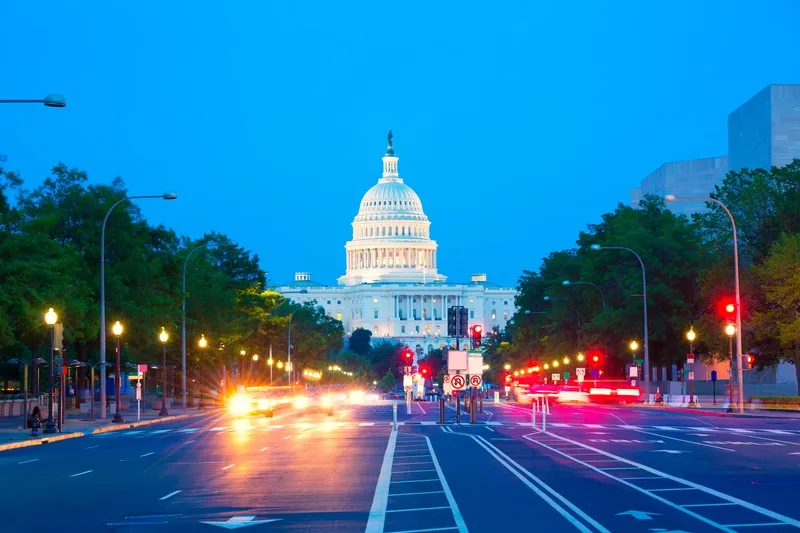
The impact of the longest government shutdown in history has spread far beyond government workers and their families. It is difficult to find any business, school, hospital, city, county, college, university or local government organisation that has not suffered as a result of the shutdown. The negative impact on retail establishments of all types, farmers, contractors, social service organisations and citizen workers has been great as well. It strikes at the heart of the country’s economic stability and it is devastating for issues related to the nation’s crumbling infrastructure.
At a time when taxpayers and citizens thought the country would be involved in addressing the nation’s deteriorating infrastructure, the government shutdown halted thousands of transportation projects.
Anticipated funding
Since 1 October, local transportation districts waited in vain for federal funding that was anticipated. Public officials were already struggling because of limited resources. At the start of the country’s new fiscal year, government was open only because of a continuing resolution and that caused a significant reduction in federal disbursements that were earmarked for local government coffers. Only 25% of $55 billion which had been allocated for highway and federal transit projects was ever released from Washington, DC. Adding more stress was the fact that the continuing resolution also kept all funding at 2018 levels, leaving states without the increased revenue Congress had approved for 2019.
Now, because of the government shutdown, all new funding stalled as well. That stoppage won’t be reversed quickly under any circumstances. Even though government is open again, transportation funding will face uncertainties, red tape and bureaucratic processes in Congress. The delays will continue to curtail hundreds of critical construction projects. Projected costs will increase and taxpayers will pay more.
Transit agencies know there may still be no way for them to apply for grants to fund new construction projects. That’s because the Federal Transit Authority (FTA) typically only makes grants available at certain times during a fiscal year. And, the FTA must have five months’ worth of appropriations for grant applications to be accepted. So far, in the 2019 fiscal year, there have only been three months of appropriations. That will cause inevitable delays.
The
Cancelled bidding
The state of Oklahoma had stopped accepting bids for transportation projects that were valued at about $137 million. These projects were supposed to be federally funded. Oklahoma transportation officials announced that bidding on projects that had been valued at $102 million was cancelled. Other bidding on projects valued at $36 million scheduled for February may also be halted. The state of Oklahoma receives about 57% of its highway and transit funding from federal agencies.
The state of Virginia provided advances on state transit funding to avoid problems caused by the federal government shutdown. However, numerous other transportation projects will be delayed. Significant state-wide rail projects that were expected to move forward this year will be disrupted since federal approvals are required for the Long Bridge expansion between DC and Virginia.
Montana’s Department of Transportation has nine projects that will likely be stalled. If so, the delay will impact the timeline of projects for the rest of the year.
New Mexico has stalled transportation projects and purchases. Safety concerns were the reason for new buses to transport people back and forth on Route 66 in Albuquerque. The bus project was halted by city officials and 50 transportation projects were on hold.
The longer a shutdown lasts, the more devastating the impact on transportation infrastructure as well as almost every other industry sector.








